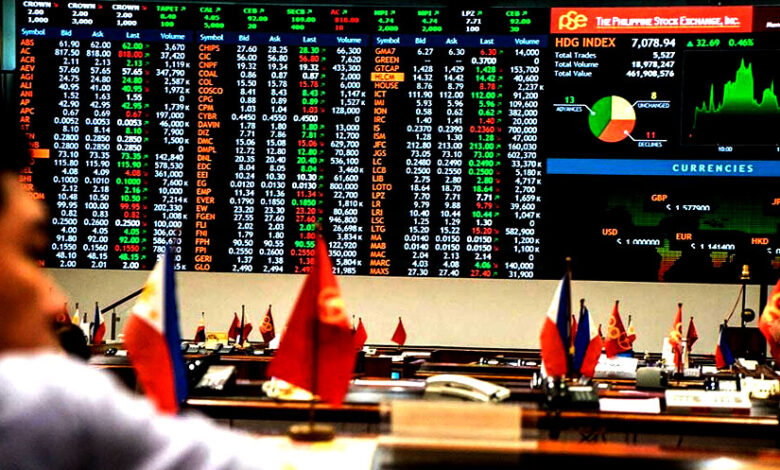Asian markets swing as traders mull a dark outlook.

HONG KONG (AFP) – On Wednesday, Asian markets went up and down, but investors are still worried about the future of the economy because of the effects of inflation, higher interest rates, China’s slowing economy, and the war in Ukraine.
In the past few weeks, a number of weak indicators around the world and pessimistic predictions from big companies have cooled trading floors. The rise in prices is starting to hurt consumer confidence, and there are now rumors of a possible global recession.
The tech industry came under fire again after Snap, the company that owns the social media app Snapchat, gave a gloomy economic outlook. This caused its shares to drop by more than 40%.
Wall Street giants like Facebook’s parent company, Meta, and Google’s parent company Alphabet fell after Snap.
Tokyo, Hong Kong, and Jakarta went down, while Shanghai, Sydney, Seoul, Singapore, Taipei, and Manila went up.
The mood wasn’t helped by the news that sales of new homes in the US plummeted in April and that the Richmond Fed manufacturing index also dropped. Both of these numbers were at their lowest levels since the pandemic started in 2020.
“The market is shifting its attention, and has been doing so for about a month, from worries about inflation to worries about growth,” said Ellen Hazen of FL Putnam.
Investors are now tiredly waiting to see what the Fed will do next with interest rates. They expect more half-point hikes in the future as officials try to bring inflation down from its highest level in four decades.
One policymaker, Atlanta Fed chief Raphael Bostic, said that stopping the rate hikes in September might be a good idea if the bank wants to avoid a recession. This gave people a little hope.
Tapas Strickland of the National Australia Bank said that it wasn’t clear that the Fed was close to being more supportive of markets, but “it is clear that growth headwinds are becoming more apparent in the data, especially as the profit reporting season approaches.”
“The Fed is still focused on inflation, but Bostic has made it possible for the Fed to take a break if inflation starts to slow down.”
China, meanwhile, is still having trouble with the fast-spreading Omicron variant, and its leaders are sticking to their zero-COVID strategy, even though lockdowns are bad for the economy.
And since there are no plans to change this policy, experts warned that a series of recent measures to help the economy would not be enough to boost optimism.
Stephen Innes of SPI Asset Management said, “Fiscal multipliers will be very small in an economy where economic interaction and activity have slowed down sharply.”
“Getting rid of mobility restrictions quickly is a requirement, but not a guarantee, for an economic recovery led by Asia.”





